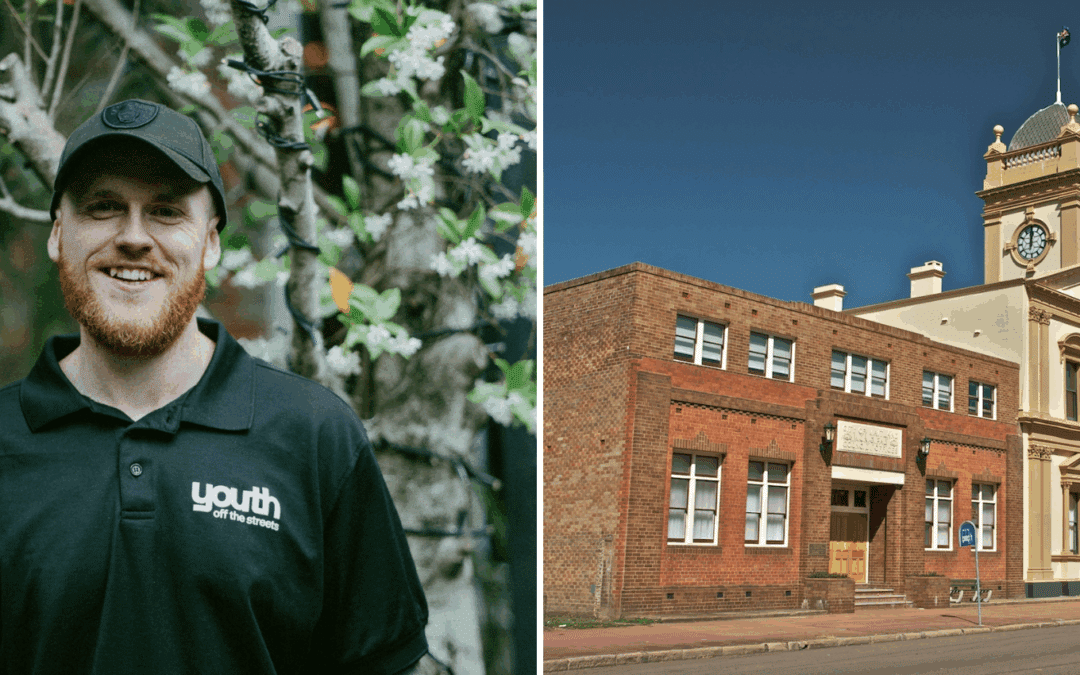Jeremy* joined Youth Off The Streets’ Craig Davis College earlier this year. After his parents’ divorce, he found it challenging to stay engaged with school. Without the tailored educational and mental health support he needed, he began to struggle at his mainstream high school.
Although Jeremy was shy, his teachers at Craig Davis College recognised that he was capable.
“We identified early on that he was interested in working in construction or being a fridge and air conditioning mechanic,” says Mikaela Gambuzza, Registered Training Organisation (RTO) Manager.
“I helped him break down the reasons he wanted to start work, and he said that he wanted to earn money to make a better life for himself.”
As an RTO, Youth Off The Streets’ school curriculum includes work and skills training for students.
The RTO provides training through a Certificate II in Skills for Work and Vocational Pathways, Community Services and Active Volunteering.
“Father Riley’s vision was that every Youth Off The Streets client would have access to our RTO,” says Mikaela.
“For some students, it’s part of their curriculum; for others, it’s an elective.”
Mikaela works closely with Youth Off The Streets’ school managers and teachers to help tailor the path according to the young person’s goals.
At the start of the year, she discusses career and goal setting with the students to plan the education and training they’ll need to reach their goals.
“I also help them build their confidence and self-esteem to get a job,” she says. “The training they receive helps build the holistic skills that someone would want in an employee.”
Together, Mikaela and Jeremy searched job websites to determine which skills he would need to succeed. He created a resume and started job hunting on his own. Within a few months, he successfully found a job in construction.
“We helped Jeremy with building his confidence,” Mikaela says. “He was then able to step out on his own, apply for a job, go for the interview, and find success.
“Ideally, we’re creating independent learners who have mastered the skills they need for work so that they don’t need to rely on us.”
The RTO courses are practical and cover various workplace skills, including including written, verbal and non-verbal communication.
“We also look at literacy skills within the workplace, any maths that would be involved, problem solving and career planning,” Mikaela explains.
“We also cover personal stress within the workplace and how to manage it.”
Many young people don’t have the confidence or belief that they have the skills to do the job they want, so Mikaela shows them how experiences within the school, volunteering or unpaid work with family and friends, can be included in their resume.
“I try to expose them to as many opportunities as possible,” she says.
“We often have guest speakers from different industries to give them an idea of what it’s like in the workforce.
“I don’t want them to pigeonhole themselves into what they think they can do,” she says.
“I also want to support them enough so that if they get knocked back from a job, they don’t give up and will feel comfortable trying again.”



